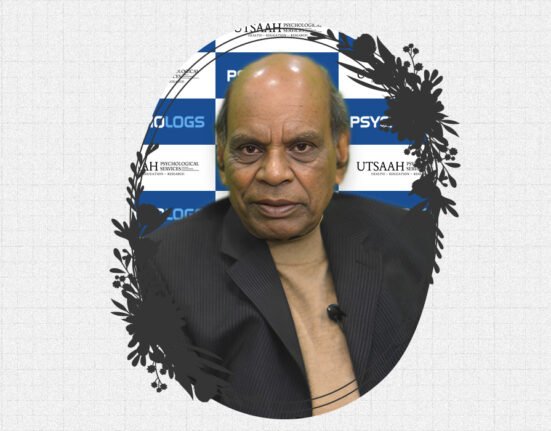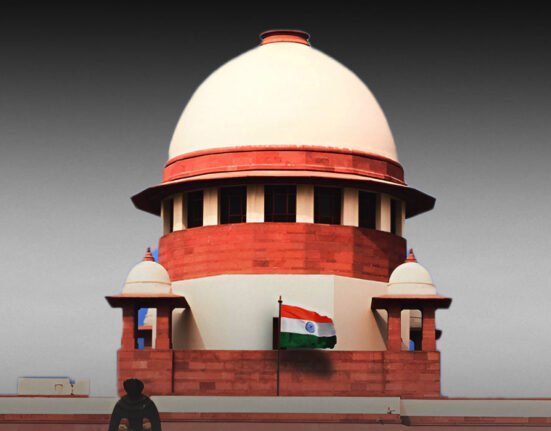A recent study from the US shows people start avoiding news when they feel misinformed and overwhelmed with too much information. With election season in India, you might have felt political talks are always around.
Misinformation and Elections: Elections 2024, not only in India but more than 60 democracies across the world have started a different fire of misinformation. Partisans tend to believe in such news and forward them without checking any credible source. Other opposition can often stay in disbelief, dismissing the authenticity of even a credible source. It is thus important to keep our personal bias aside in terms of information regarding ruling authorities.
Read More: Understanding the Impact of Fake News
Role of social media: With a surge in utilization of social media. Misinformation finds a perfect ground to spawn. With the rapid spread, most of the population is informed of the news in no time. While it is a boon for awareness, it has become a disturbing element in the peace of society. Along with effect on a person’s social image, hatred between different communities is often circulated across various social media channels.
Concerns of AI: With the rising technology, AI (Artificial Intelligence), misinformation seems to be credible. Deepfake videos is the leading example, where a face can be easily swapped to another that is perceived as real to the eyes. It can significantly impact an individual’s social image as well as self-image. Credibility and originality of every other aspect have been directly manipulated with advancements in AI.
Impact of fake news and over information: Inapt information appears to be a one-time concern, but it can have psychological impact if continued for a prolonged period of time.
Collective panic situation: With the increase in the spread of misinformation, a situation of panic can be created that can cause people to believe in upcoming violent situations. Such rumours are often the cause of chaos and overcrowding, mismanagement here even costs lives. For example, bomb threats were received by numerous schools in the capital region, impacting the mental wellbeing of students.
Lack of trust: With much misinformation floating around on various media channels, a generic sense of lack of trust and insecurity settles within the citizens. In such a scenario, trusting any information becomes difficult. Due to this, citizens in general may feel ignorant of the regulatory authorities instilling a distance between mass and media.
Read More: What is Blind Trust? Let’s Understand its Role in Our Lives
Setting unhealthy trends: Misinformation, especially regarding health can be fatal at times. People tend to follow such trends without investigating their consequences. Teenagers is the most vulnerable population that can fall as prey to such trends. Major concerns in this aspect is about following skincare ideas that are without any empirical evidence, gym trends, immediate weight loss solutions that can be fatal.
Distance from political concepts: With too much information everywhere, people feel overwhelmed in grasping them, then what to trust and what not. Citizens feel a lack of interest in keeping up with the updates. Many youngsters feel dissociated from political interest. It is important to understand that politics affects us in almost all aspects of our lives, from our taxes, rights to our quality of living.
What is the solution? It is almost impossible to stop misinformation from spreading completely. But a small initiative can go miles. Taking few seconds to check the authenticity of the information that we are about to share further helps in building an environment of mutual trust. Along with this, emotional regulation can significantly help to control people from becoming too sensitive to the abundance of information floating on the internet.
Citations +
- Hasell, A., & Halversen, A. (2024). Feeling Misinformed? The Role of Perceived Difficulty in Evaluating Information Online in News Avoidance and News Fatigue. Journalism Studies, 1–19.https://doi.org/10.1080/1461670X.2024.2345676
- More feelings of misinformation, more news avoidance, U-M study shows. (2024, May 7). University of Michigan News. https://news.umich.edu/more-feelings-of-misinformation-more-news-avoidance-u-m-study-shows/













Leave feedback about this